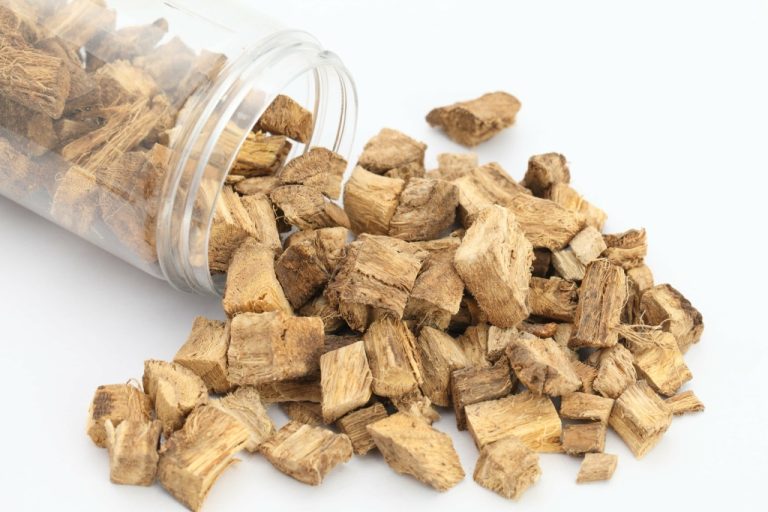Addiction can severely impact relationships, leading to emotional distress and social isolation, which further hinders recovery. Healthy relationships are vital for maintaining abstinence and overall well-being, while unhealthy ones may lead to relapse. Romantic relationships present unique challenges and opportunities in recovery. Whether rebuilding existing partnerships or forming new ones, healthy romantic relationships in recovery require individual stability where both partners have their own recovery or wellness practices. A shared commitment means both partners must be committed to supporting https://24freetools.com/19-famous-sober-musicians-who-have-vowed-to-never/ recovery, while professional guidance through couples therapy can provide valuable tools and insights. Support groups and supportive relationships provide an invaluable network during recovery.
- Boundaries protect your well-being and help maintain healthy dynamics in all relationships.
- During recovery from substance abuse, it is crucial to recognize red flags that may signal problematic or toxic relationships.
- Rather than rushing into intense relationships, build your network slowly by starting with casual friendships based on shared interests.
- It offers you tools and structure to help you move through your grief and start building new, healthy relationships.
- These could include new friendships, professional relationships, or even entering the dating world.
Treatment

Many individuals benefit from exploring holistic treatment approaches that address the whole person in recovery. The concept of codependency was first conceived as a way to make sense of people’s unhealthy behaviors surrounding a loved one’s addiction. Everything from making excuses and over-functioning for them to supporting them financially was considered to be enabling their substance abuse. Often, an integral part of recovering from addiction involves changing old codependent patterns; in some cases, it may be necessary to detach oneself from the relationship. By staying committed to health, seeking professional guidance, and engaging in support networks, recovery becomes a holistic process that improves not just sobriety but overall life quality.
Impact of Addiction on Relationships and Recovery
Maintaining this focus encourages a balanced life filled with supportive connections, resilience, and ongoing personal development, setting a foundation for enduring sobriety. In summary, while relationships can be beneficial in recovery, timing is critical. Waiting at least a year helps ensure that individuals have relationships in recovery developed the necessary tools and stability to maintain healthy, supportive connections that enhance their ongoing recovery and personal growth.

When to consider therapy after a breakup
- These relationships often involve manipulation, a lack of respect, and a disregard for personal boundaries.
- Cutting ties or establishing firm boundaries with harmful individuals allows for mental clarity and emotional stability.
Givers are self-critical and often perfectionistic; fixing or rescuing others makes them feel needed (a trait often referred to as a “savior complex”). They focus so much on pleasing others that they neglect their own wants and needs. Givers generally have low self-esteem, find it hard to set boundaries and be assertive, and struggle with asking for help when they need it. Takers are often struggling with Substance abuse serious issues, such as emotional immaturity, mental health problems, and addiction.
